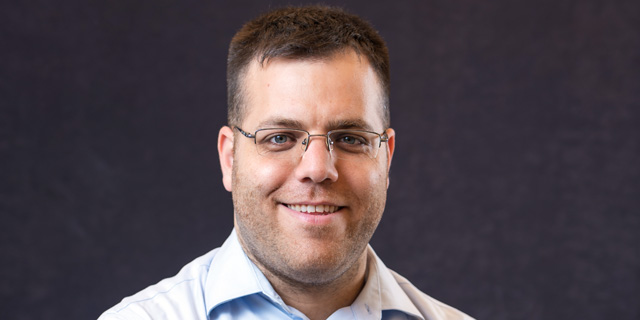
Israeli chipmaker Hailo launches a Japanese subsidiary
The new launch comes following the news of a recent $60 million series B funding round
The new establishment, which is wholly-owned by Hailo, will be located in Tokyo and is largely a response to the growing demand in Asia-Pacific markets. Such markets include automotive, smart cities, retail, industry 4.0, and more.
“We look forward to expanding Hailo’s presence in the Asia-Pacific region, which continues to show significant growth in the AI sector,” said Orr Danon, CEO of Hailo. “Our new subsidiary in Japan will enable us to strengthen relationships and collaborations with our Japanese-based customers and partners, and to create new opportunities together.”“Many of the world’s leading companies integrating Artificial Intelligence into their edge devices are based in Japan, and we are excited to empower their products with our groundbreaking Hailo-8 Deep Learning chip,” he added.
Hailo’s deep learning processor helps the performance of edge devices by featuring up to 26 tera operations per second (TOPS). The chip helps edge devices run more sophisticated deep learning applications that could previously only operate via the cloud.
“I am excited to be part of Hailo’s team and am looking forward to building a strong foundation to lead our business development in this pivotal arena,” said Hiro Uchida in a statement. “There is no doubt that deep learning at the edge will be embedded in almost all of the products and services we use on a daily basis, while providing us with improved safety and better quality of life.”
Related Stories
Uchida comes from 30 years of industry roles, including helping build Sony’s corporate venture capital fund, Strategic Venture Investment. He has served in multiple management positions within Sony and at tech companies like SiTime KK and Tessera Technologies.
Founded in 2017 by Danon, Avi Baum, and Hadar Zeitlin, Hailo is an AI-focused chipmaker based in Israel. Its deep learning processor was designed to fit in multiple smart machines, helping companies rethink the architecture of their devices. To date, the company has raised almost $88 million, according to Crunchbase data.